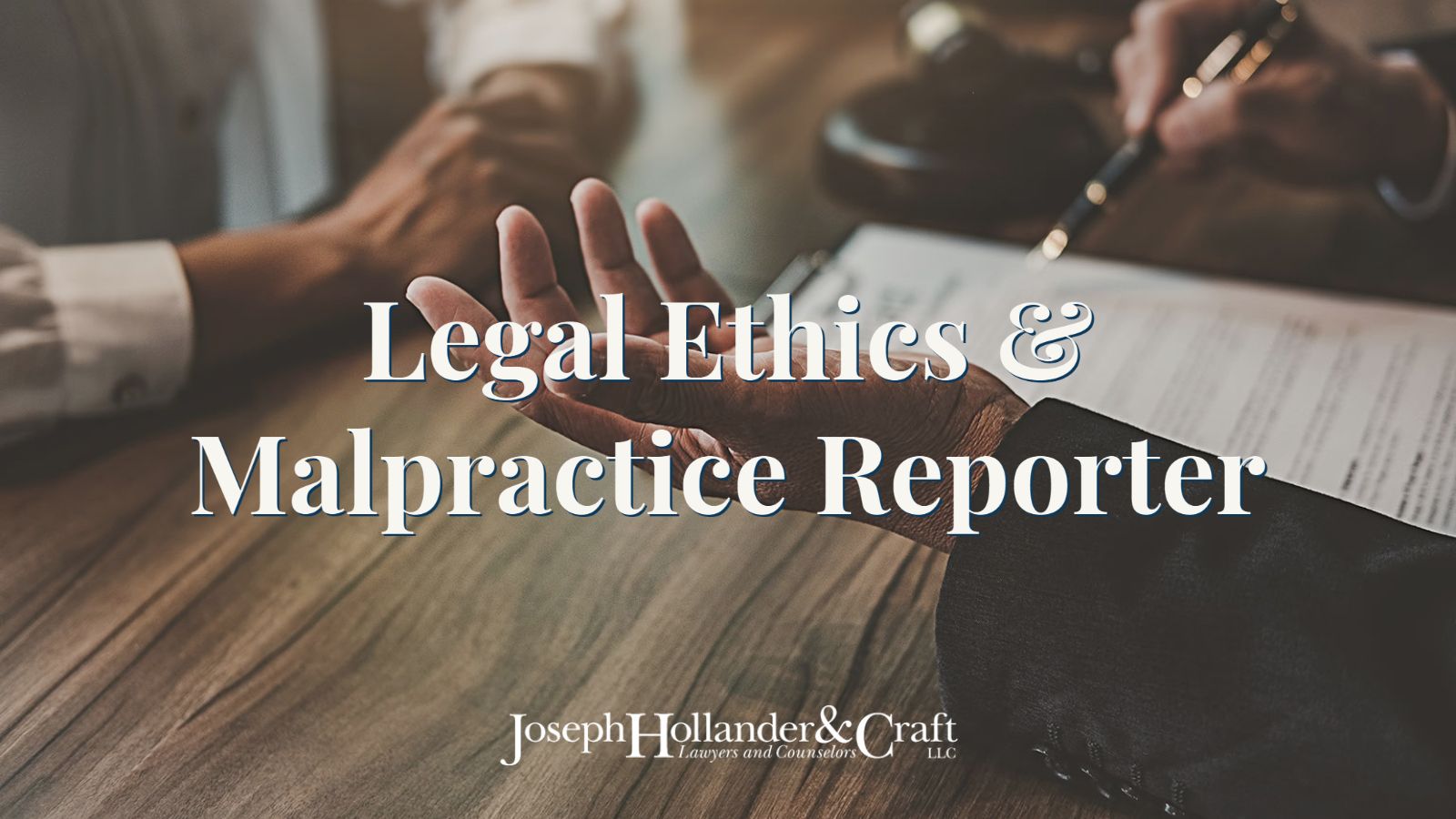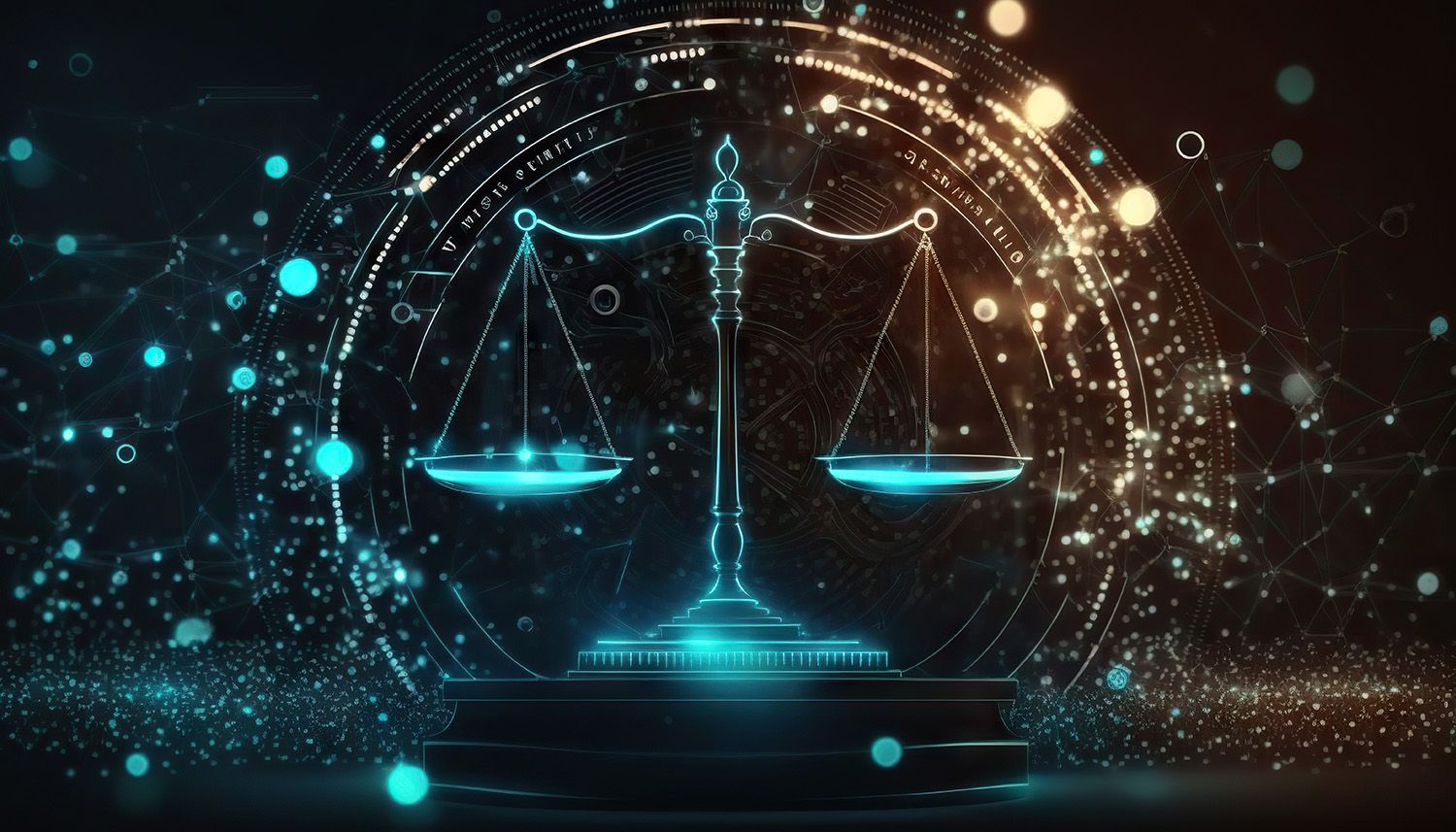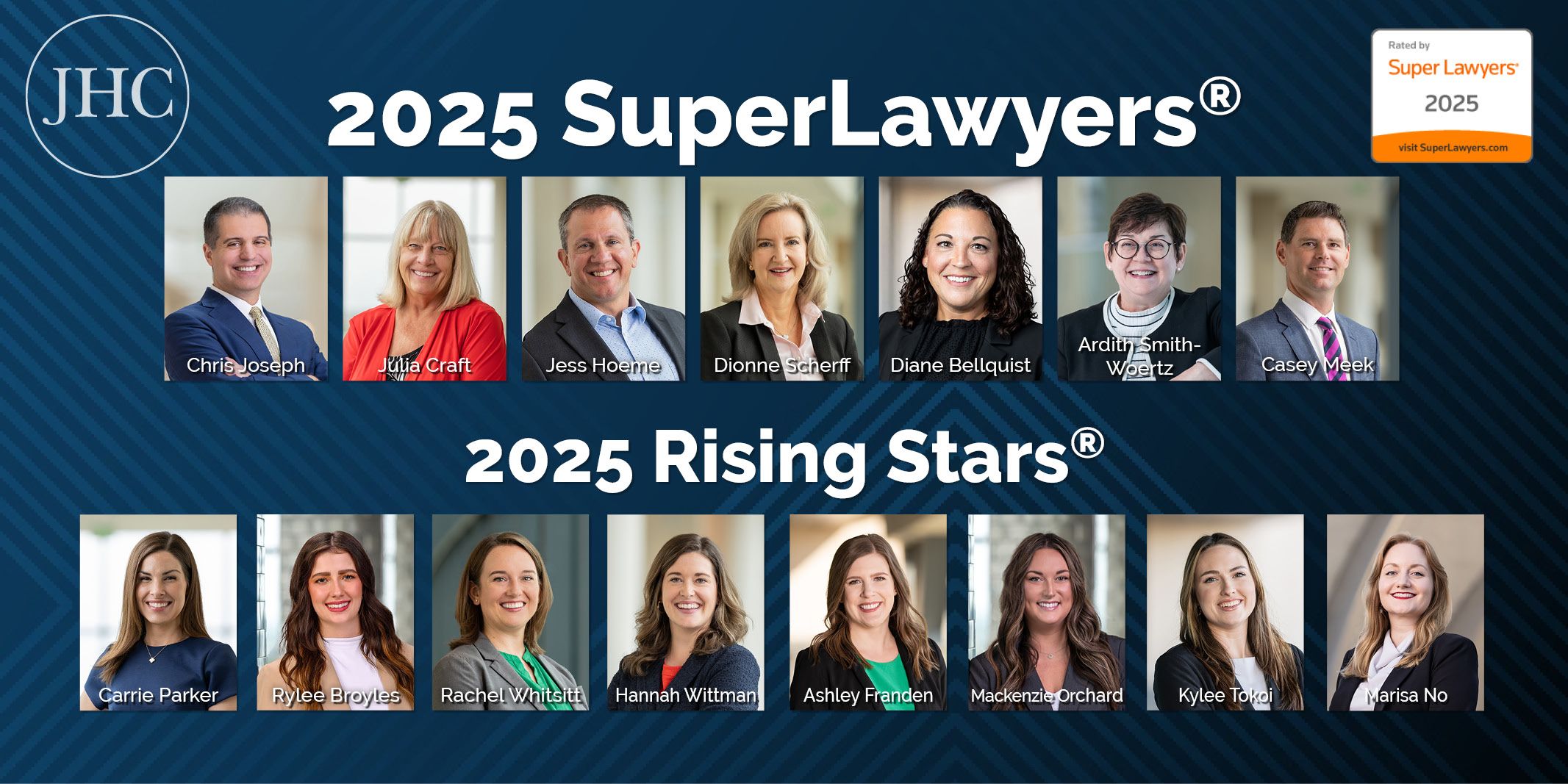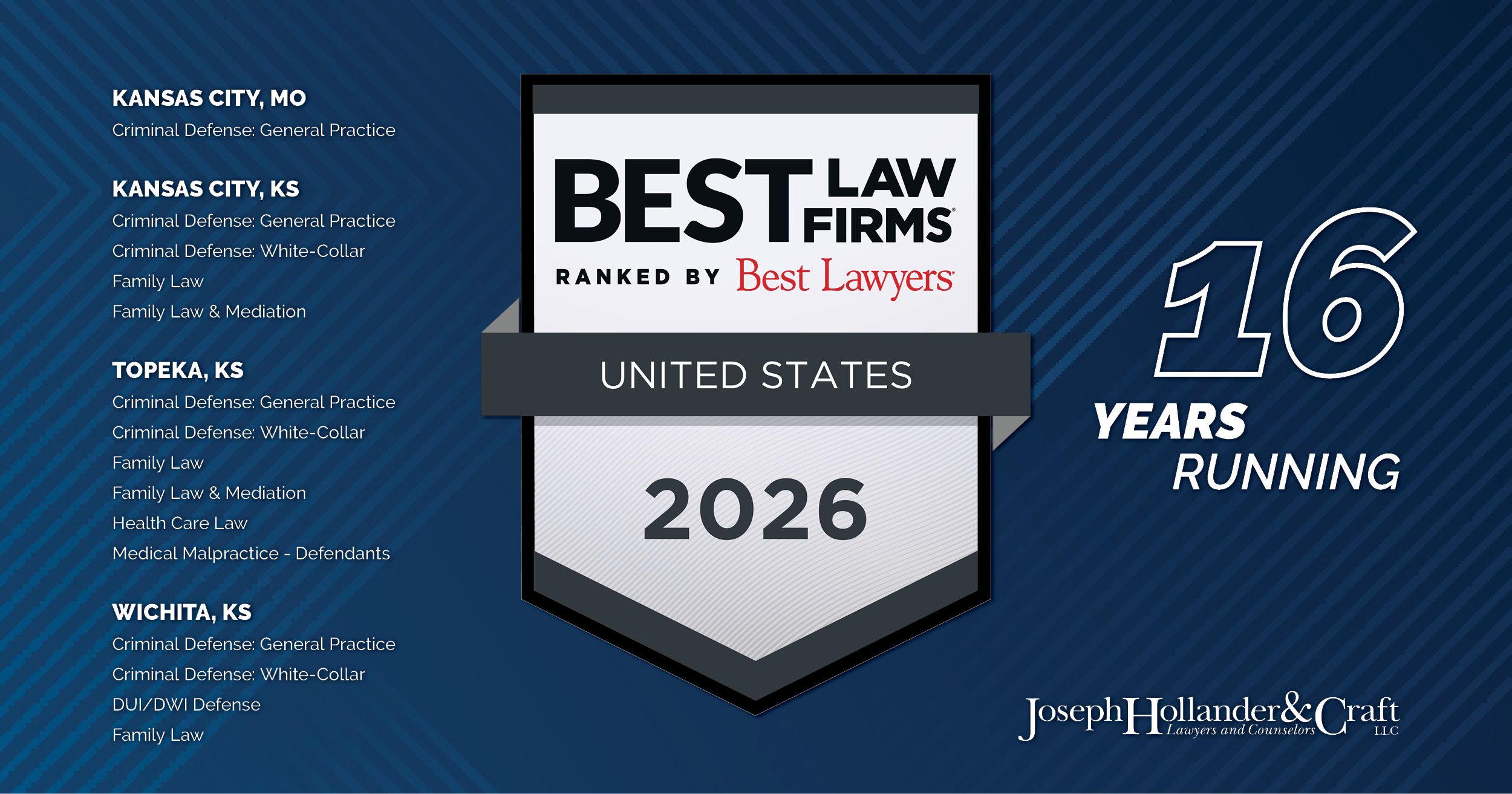Contents
- FEATURE ARTICLE: Representing Sanctioned Clients
- NEW AUTHORITY: Ethics and Social Media
- ETHICS & MALPRACTICE RESEARCH TIP: New Articles Drawn from the Current Index of Legal Periodicals
- BLAST FROM THE PAST: The First Oaths of Admission in Kansas
EDITED BY: Professor Mike Hoeflich
PUBLISHED BY: Joseph, Hollander & Craft LLC
FEATURE ARTICLE
Representing Sanctioned Clients
During the past month, much of the world has viewed the Russian invasion and subsequent conflict in Ukraine with a mixture of horror and outrage. Russia’s actions, although condemned by most of the world’s nations, have posed a significant geopolitical and military dilemma for these nations. On the one hand, many nations, including the United States and most of the European nations, want to take whatever measures are necessary to end the fighting and destruction in Ukraine. On the other hand, Russia has a large stock of both strategic and tactical nuclear weapons, and direct military intervention by the U.S. or NATO countries could lead to a nuclear conflict. Fear of initiating a nuclear war has been heightened by the inflammatory rhetoric of Russian President Putin and current Russian military doctrine which permits the use of tactical nuclear weapons in certain circumstances. Consequently, as of the time of writing this article, the United States and the NATO nations have decided to limit their response to Russian aggression in Ukraine to providing military aid to Ukraine and imposing stiff economic sanctions on Russian governmental and business entities and on some individuals.
The sanctions imposed by the U.S. and other countries are extensive and complex. As an example of these sanctions, we can look at the news release issued by the U.S. Treasury Department on March 11, 2022, discussing some of these sanctions:
Today, the U.S. Department of the Treasury’s Office of Foreign Assets Control (OFAC) issued a new round of sanctions targeting Russian and Kremlin elites, oligarchs, and Russia’s political and national security leaders who have supported Russian President Vladimir Putin’s brutal and illegal invasion of Ukraine.
Today’s actions include designating regime elites and business executives who are associates and facilitators of the Russian regime, including three immediate family members of President Putin’s spokesperson, Dmitriy Sergeevich Peskov; Russian tycoon and Kremlin insider Viktor Vekselberg; and the Management Board of the sanctioned VTB Bank. Additionally, OFAC designated 12 members of the Russian State Duma, including Vyacheslav Victorovich Volodin, who is also a permanent member of Russia’s Security Council.
On February 24, 2022, Treasury designated VTB Bank, Russia’s second largest bank, pursuant to E.O. 14024 for being owned or controlled by, or for having acted or purported to act for or on behalf of, directly or indirectly, the GoR, and for operating or having operated in the financial services sector of the Russian Federation economy. Today, OFAC is designating the ten individuals comprising VTB Bank’s management board.
As a result of today’s action, all property and interests in property of the individuals above that are in the United States or in the possession or control of U.S. persons are blocked and must be reported to OFAC. In addition, any entities that are owned, directly or indirectly, 50 percent or more by one or more blocked persons are also blocked. All transactions by U.S. persons or within (or transiting) the United States that involve any property or interests in property of designated or blocked persons are prohibited unless authorized by a general or specific license issued by OFAC, or exempt. These prohibitions include the making of any contribution or provision of funds, goods, or services by, to, or for the benefit of any blocked person and the receipt of any contribution or provision of funds, goods, or services from any such person….
Press Release, U.S. Department of the Treasury, “Treasury Sanctions Kremlin Elites, Leaders, Oligarchs, and Family for Enabling Putin’s War Against Ukraine” (Mar. 11, 2022) (emphasis added).
The bolded paragraph above makes it clear that American lawyers and law firms with Russian clients who are on the sanctions list may well have significant problems with continuing their representation of these clients on several grounds.
American lawyers and law firms with Russian clients who are on the sanctions list may well have significant problems with continuing their representation of these clients.
NEW AUTHORITY
Ethics and Social Media
On March 14, 2022, the Indiana Supreme Court Disciplinary Commission issued Opinion 1-22. The question posed and answered in the Opinion is: “Can a lawyer’s pretrial publicity or extra-judicial comments on social media platforms about a pending legal dispute in which the lawyer is participating (or has participated) have ethical implications?”
Lawyer comments before trial have always been a potential ethical “minefield.” In the current environment when people regularly make social media postings on virtually every aspect of their lives, the ethical dangers of pretrial publicity via social media have increased enormously.
Indiana Commission Opinion 1-22 identifies three Rules of Professional Conduct that must be analyzed to determine the ethical limitations on lawyers who wish to use social media for pretrial comments. They are Rule 1.6, Rule 3.6, and Rule 3.8(f).
Rule 1.6 addresses the confidentiality of information relating to representation. IRPC Rule 1.6(a) states:
A lawyer shall not reveal information relating to representation of a client unless the client gives informed consent, the disclosure is impliedly authorized in order to carry out the representation or the disclosure is permitted by paragraph (b).
While the language differs slightly, both KRPC Rule 1.6(a) and MRPC Rule 4-1.6(a) similarly prohibit a lawyer from disclosing client confidential information without the client’s consent. All lawyers contemplating making pretrial or extra-judicial statements on social media must, therefore, remember that these will be subject to Rule 1.6 and they must follow the requirements of that Rule as adopted in their jurisdiction if any of the information they intend to post is subject to that Rule.
Rule 3.6 specifically regulates extra-judicial statements subject to public dissemination.
ETHICS & MALPRACTICE RESEARCH TIP
New Articles Drawn from the Current Index of Legal Periodicals
1. Mark Shope, “Lawyer and Judicial Competency in the Era of Artificial Intelligence: Ethical Requirements for Documenting Datasets and Machine Learning Models,” 34 Geo. J. Legal Ethics 191 (2021).
Rule 1.1, Comment 8, which requires lawyers to maintain digital competency, continues to be a driving force as legal technology constantly changes and advances. More and more lawyers find themselves using programs with AI components and must recognize the ethical issues these raise.
2. Brendan Williams, “Did President Trump’s 2020 Election Litigation Kill Rule 11?” 30 B.U. Pub. Int. L.J. 181 (2021).
This provocative article proves that the post-election legal controversies of 2020 are the gift that keeps on giving for legal ethicists.
3. Michael Hatfield, “The Rise of Law and the Fall of Circular 230: Tax Lawyer Professional Standards, 1985–2015,” 24 Fla. Tax Rev. 828 (2021).
This is a “must-read” article for anyone who is involved in tax work.
4. Ray McKoski, “The Refusal of Supreme Court Nominees to Discuss Legal, Political, and Social Issues at Senate Confirmation Hearings: Ethical Obligation or Survival Strategy?” 73 S. C. L. Rev. 27 (2021).
While most of us will not face this situation, we have recently had multiple opportunities to watch it—including this very month. It is a fascinating issue.
BLAST FROM THE PAST
The First Oaths of Admission in Kansas
H. Miles Moore, an early inhabitant of Leavenworth City in Territorial Kansas and author of Early History of Leavenworth City and County (Leavenworth, KS, 1906), devoted an appendix in this book to providing the earliest history of the Kansas Bar. Moore included biographies of the first lawyers admitted to practice in Kansas as well as the three oaths that were successively administered to candidates for the Kansas Bar from 1855 until 1857. The language of these oaths and the “ethical” obligations they placed on Kansas attorneys seems quite unusual to us today. The radically different—and obviously religious and political—obligations imposed by these oaths reflect the changing nature of Kansas politics.
The first oath read:
I, ______________, do solemnly promise and swear (or solemnly, sincerely and truly declare and affirm,) that I will well and properly behave and demean myself in the office of Attorney of the First District Court for the First Judicial District of the territory of Kansas, in all things appertaining to the duties of each office, according to the best of my skill and judgment, and that I will support the constitution and laws of the United States and of said territory. I believe in the divinity of the Christian religion.
The second oath read:
I, ______________, do solemnly swear that I will support and sustain the provisions of an act entitled “An Act to organize the territories of Nebraska and Kansas” and the provisions of an act commonly known as the “Fugitive Slave Law” and faithfully demean myself in the practice of law, so help me God.
The third oath read:
I, ______________, do solemnly swear that I will support the Constitution of the United States and the provisions of an act, entitled, “An Act to organize the territories of Nebraska and Kansas,” and that I will faithfully demean myself as an attorney-at-law of this court to the best of my skill and ability, so help me God.
Readers interested in learning more about the history of these oaths can look forward to Legal Ethics & Malpractice Reporter Editor Michael H. Hoeflich’s forthcoming article: “The Mystery of the Leavenworth Oaths.” The LEMR team promises to provide further information about this article when it is available.
Download a PDF version of the Legal Ethics & Malpractice Reporter, vol. 3, no. 3 via the button below.
About LEMR
The Legal Ethics & Malpractice Reporter (LEMR) is a monthly publication covering current developments in ethics and malpractice law. This popular, free publication, with close to 8,000 current subscribers, was envisioned by KU Law professor Mike Hoeflich, who serves as the publication’s editor in chief. In partnership with Professor Hoeflich, JHC’s legal ethics and malpractice group is pleased to publish this monthly online periodical to help attorneys better understand the evolving landscape of legal ethics, professional responsibility, and malpractice.
Get LEMR delivered to your inbox!
Make sure you don’t miss an issue of the Legal Ethics & Malpractice Reporter. Subscribe to our email list below to get a notification and digest of each edition as it is released.
About Joseph, Hollander & Craft LLC
Joseph, Hollander & Craft is a premier law firm representing criminal, civil and family law clients throughout Kansas and Missouri. When your business, your freedom, your property, or your career is at stake, you want the attorney standing beside you to be skilled, prepared, and relentless. From our offices in Kansas City, Lawrence, Overland Park, Topeka and Wichita, our team of 20+ attorneys has you covered. We defend against life-changing criminal prosecutions. We protect children and property in divorce cases. We pursue relief for victims of trucking collisions and those who have suffered traumatic brain injuries due to the negligence of others. We fight allegations of professional misconduct against doctors, nurses, judges, attorneys, accountants, real estate agents and others. And we represent healthcare professionals and hospitals in civil litigation.












